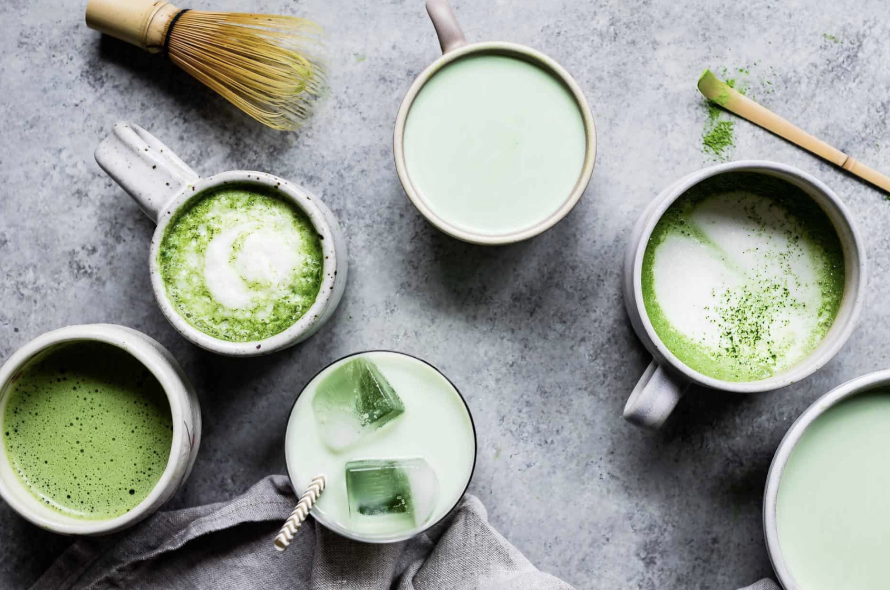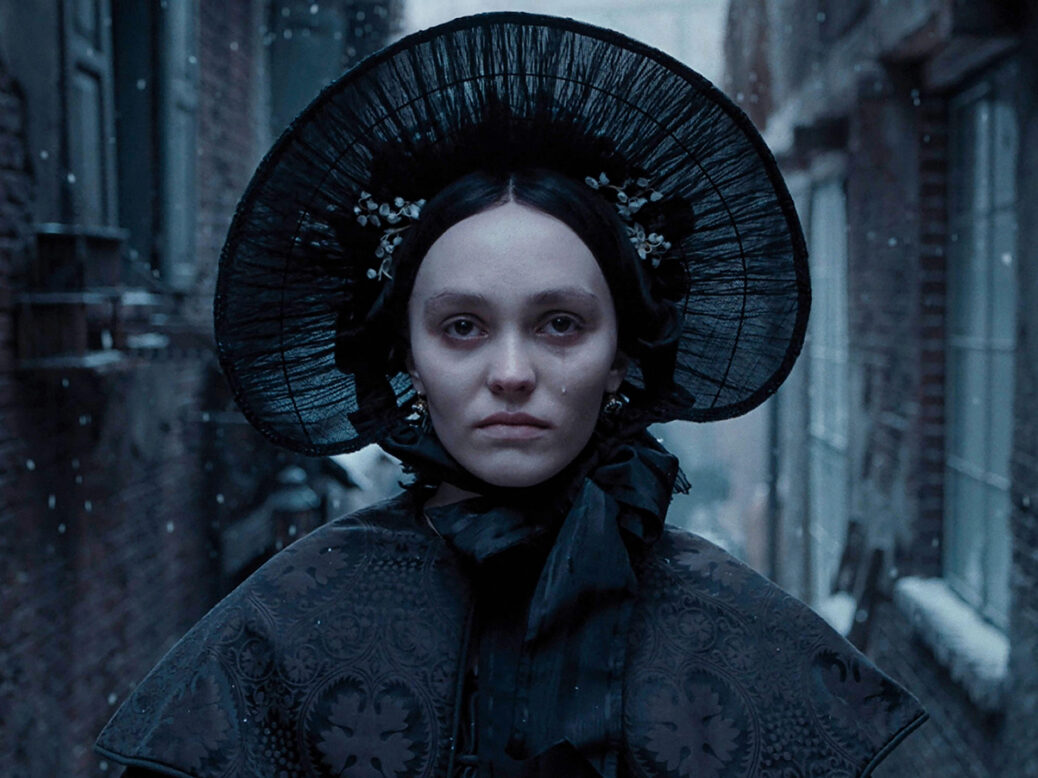If you walk around any urban area, chances are you’ll see someone with a bright green drink in hand. Matcha, a Japanese green tea and delicacy, has recently surged in popularity, but why? Drinking matcha originated hundreds of years ago in China, and was eventually brought to Japan by a Buddhist monk in the 12th century. There, matcha was an extremely limited resource, and only reserved for leaders of high status. This evolved into a ritualistic tea ceremony that is still performed today in Japan to inspire tranquility and welcome guests.
So, the world is no stranger to the emerald-colored drink, but there is no denying the new growth in the past year. The main explanation for this boost is social media. Gen Z influencers are seen drinking and promoting matcha left and right. Matcha provides more caffeine than most green teas, and is said to be much gentler on the brain than coffee. Other benefits include its high antioxidant levels, stress reduction, lowering cholesterol, and more. Now, almost every cafe includes matcha on their menu, and its reign is inescapable.
However, will this matcha dominance stick around? Or should society anticipate a sudden disappearance? When asked her thoughts on the rise in popularity of matcha, Wren Mohn ‘28 relayed “I love [matcha] and I love that more people are drinking matcha because it’s something I really enjoy and if other people really enjoy it, then we can connect over it.” She notices how it is invaluable that the world’s love of matcha has brought people together. On the contrary, Katie Mandelbaum ‘28 does not like matcha, and believes that it “tastes like grass,” which is a fairly common sentiment. Matcha is not everyone’s cup of tea, but overall, the consensus is that many people enjoy drinking matcha, and for them, it isn’t going anywhere.
To conclude, matcha has a deep and rich history, and it has been around hundreds of years. Yet, its recent spike in popularity has skyrocketed consumption everywhere to a degree that makes it seem temporary. Nevertheless, society’s love of matcha is steady and stable. From elderly generations, to students at O’Dowd, the trend is here to stay.






